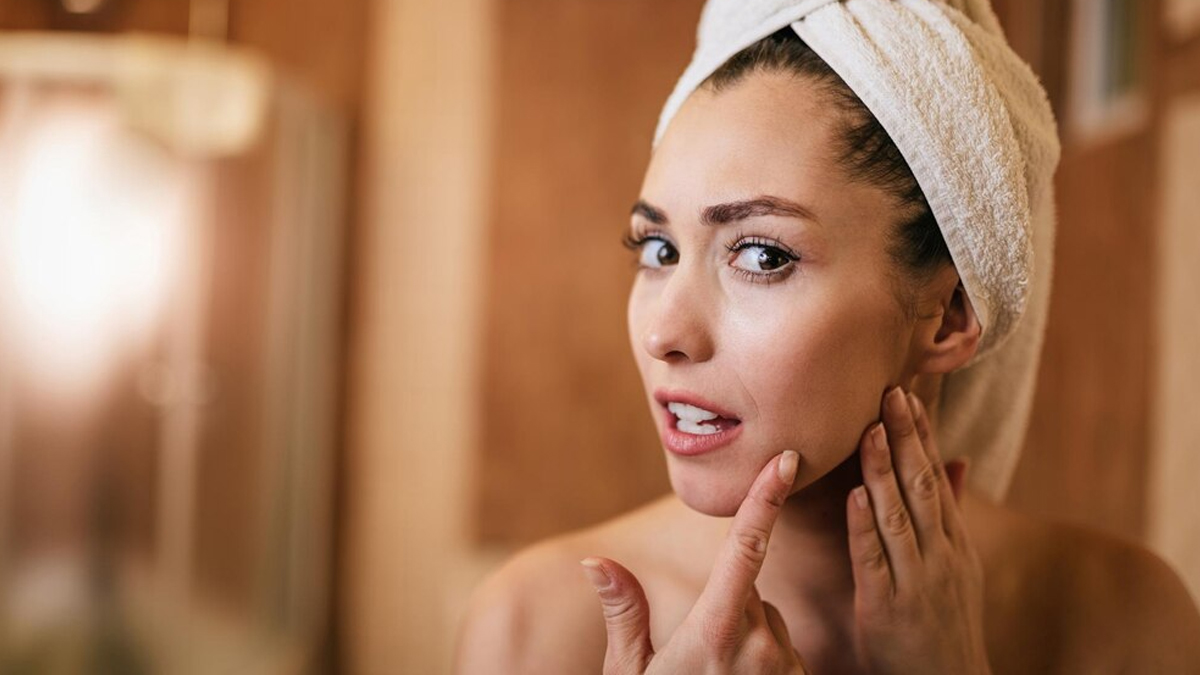When it comes to skincare, we’re always looking for the next best thing to give our skin that healthy glow. From serums to cleansers, the options are endless. However, at times, what our skin requires is a solution that works beneath the surface and that’s where prebiotics come into play. If you’ve ever wondered why your skin feels off despite using all the right products, it might be your skin’s microbiome calling for balance. Prebiotic skincare isn’t just another trend; it’s a gentle, science-backed way to support your skin’s health from the inside out. In this article, we will explain what prebiotic skincare is, how it works, and the benefits it can bring to your skin health.
What Are Prebiotics?
Prebiotics are naturally occurring compounds found in certain foods and plants that serve as food for beneficial bacteria. These fibres help sustain and promote the growth of good bacteria in your body, including on your skin.
In skincare, prebiotics maintain a balanced microbiome, which is crucial for overall skin health. A well-balanced skin microbiome can help ward off skin issues, such as acne, eczema, and even premature ageing.
The Role of the Skin Microbiome

Your skin is home to millions of microorganisms, including bacteria, fungi, and viruses, collectively known as the skin microbiome. According to a 2023 study, the skin microbiome is established at birth. It is shaped by various factors, including the delivery method, the mother’s microbiota, antibiotic use, hygiene practices, nutritional deficiencies, living conditions, contact with animals or pets, and environmental exposure.
Prebiotic skincare products help restore and maintain the skin’s microbiome by feeding beneficial bacteria. This not only enhances your skin’s resilience against external aggressors but also promotes a clearer and more radiant complexion.
Benefits of Prebiotic Skincare
Improves Skin Barrier Function

One of the key benefits of prebiotic skincare is how it strengthens your skin’s natural barrier. This barrier is like your skin’s shield, protecting you from environmental stress and locking in moisture. By nourishing the good bacteria on your skin, prebiotics help keep that barrier strong, leaving your skin more hydrated and less irritated.
Reduces Inflammation
Many skin conditions, such as acne and eczema, are characterised by inflammation. Prebiotics have been shown to have anti-inflammatory properties, which can help soothe irritated skin and reduce redness. Prebiotics can minimise inflammatory responses, leading to a calmer complexion by promoting a balanced microbiome.
According to a 2014 study, nutritional products containing prebiotics and probiotics positively impact the skin by regulating the immune system and offering therapeutic benefits for atopic conditions.
Balances Oily Skin

If you struggle with oily or acne-prone skin, prebiotic skincare could be a real lifesaver. Prebiotics help keep oil production in check, which means less excess oil and fewer clogged pores by nourishing the good bacteria on your skin. Over time, this can lead to fewer breakouts and a more balanced and smoother skin texture.
Enhances Skin Hydration
Prebiotics help retain moisture in the skin by supporting the skin’s natural hydration mechanisms. A well-hydrated complexion not only looks healthier but also feels softer and more supple. Incorporating prebiotic skincare products can help combat dryness and improve overall skin texture.
Promotes Overall Skin Health
Regular use of prebiotic skincare can lead to long-term improvements in skin health. By maintaining a balanced microbiome, prebiotics support the skin’s natural defences, making it more resilient to environmental stressors. This can result in a more even skin tone, reduced sensitivity, and a youthful appearance.
A Guide to Using Prebiotic Skincare
Adding prebiotic skincare to your routine is simple and can be done alongside your existing products. Here are some tips for incorporating prebiotics effectively:
- Look for cleansers, moisturisers, serums, and masks that contain prebiotic ingredients, such as inulin, chicory root extract, or fructooligosaccharides. These ingredients can help nourish your skin’s microbiome.
- If you’re using prebiotic products alongside other active ingredients (like acids or retinoids), be mindful of how you layer them. Start with lighter formulations and gradually introduce prebiotics to avoid overwhelming your skin.
- For the best results, consistency is key. Incorporate prebiotic skincare into your daily routine, and give your skin time to adjust and benefit from the nourishing properties.
- Listen to Your Skin: As with any skincare regimen, pay attention to how your skin responds. If you experience irritation or discomfort, consider adjusting the frequency or consulting with a dermatologist.
[Disclaimer: This article contains information for informational purposes only, hence, we advise you to consult your own professional if you are dealing with any health issues to avoid complications.]
